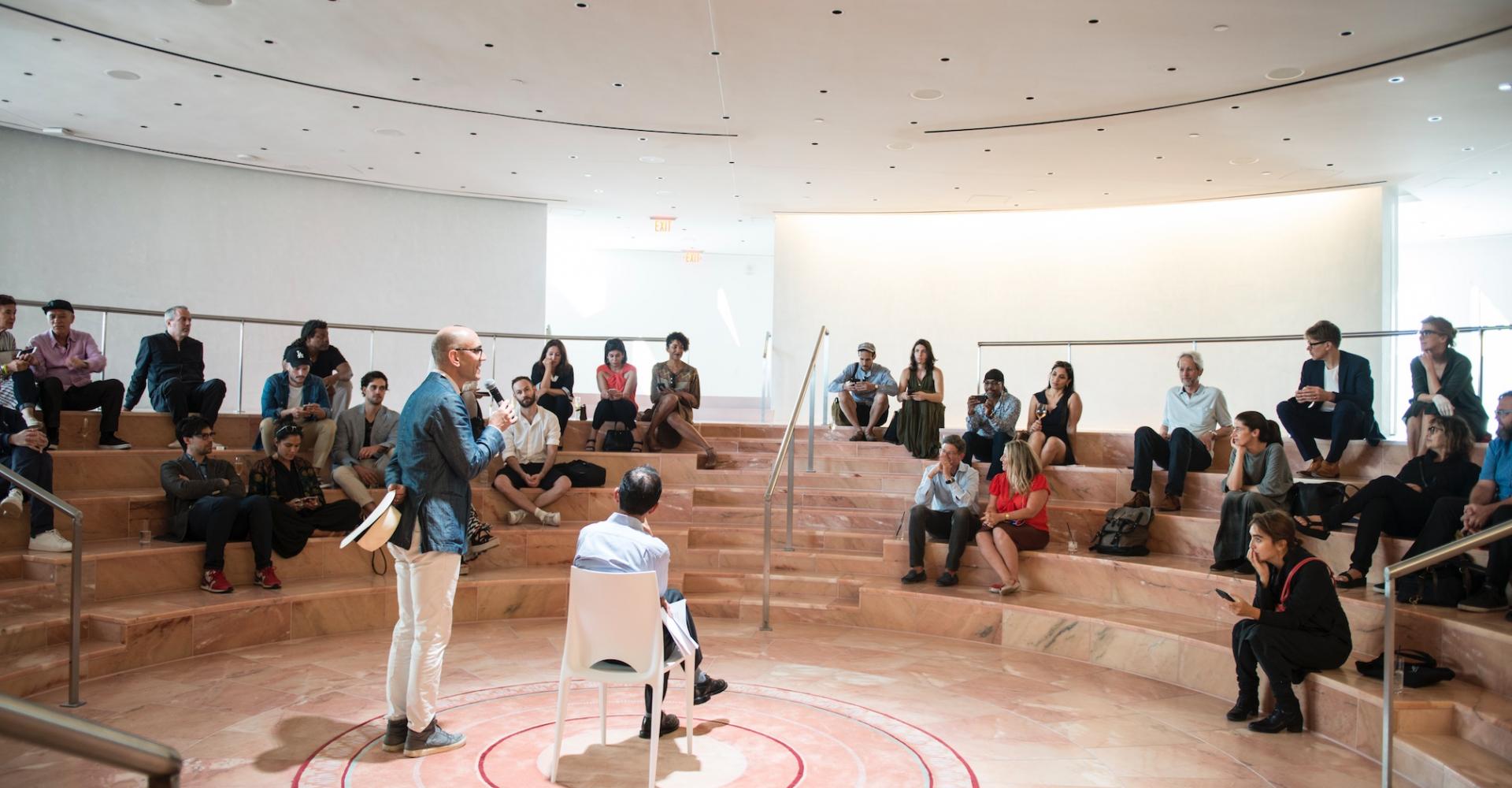From the question of site-specificity in art to the questions of topic and context in linguistics and philosophy, regionality and territory in geopolitics, trauma as the site of irruption in psychoanalysis, and the dialectics of utopia and heterotopia in politics, our assessments and approaches are overshadowed by a concept whose meaning we all know yet whose definition constantly eludes us. In thinking about and in terms of this concept, we have the habit of employing surprisingly rudimentary tools and intuitions, at times too generic to distinguish its specificity and at other times too specific to discern its generalities. The concept in question is the concept of the place. Drawing on geophilosophy, psychoanalysis and contemporary logics and mathematics, this presentation seeks to provide formal tools and theoretical resources for rethinking the concept of the place in a manner that is at once upgraded by critical philosophy and modern sciences, and aiming toward what Michel Foucault calls a ‘theoretical and practical desanctification of space’— that is, a necessary step for becoming capable of adequately thinking about our position in the world by debahabituating thought from any unique local domain or structure. –REZA NEGARESTANI
Reza Negarestani is an Iranian philosopher who has contributed extensively to journals and anthologies and lectured at international universities and institutes. His philosophical project is focused on rationalist universalism, beginning with the evolution of the modern system of knowledge and advancing toward contemporary philosophies of rationalism and their procedures, as well as their demands for special forms of human conduct. He is currently working on a manuscript on post-human intelligence and the philosophy of German Idealism entitled Intelligence and Spirit
